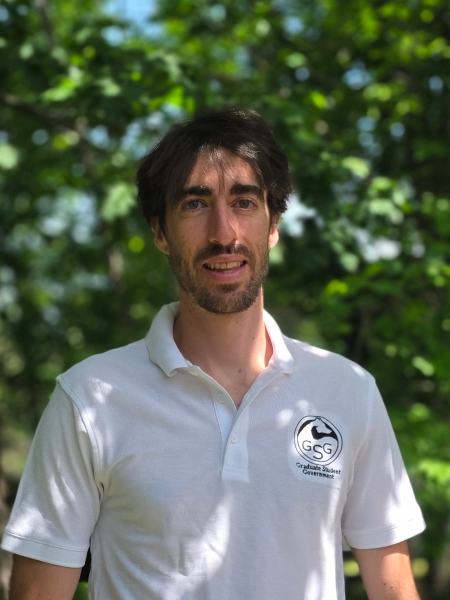
“My unexpected doctoral journey at Michigan Technological University began in June 2022, when I transferred from New York to continue my research under the guidance of Dr. Steve Voelker. This transition was driven by my commitment to an ambitious project I began a year earlier, focused on reconstructing climate variability in the Lake Superior region and understanding large-scale atmospheric circulation patterns across North America.
Over the past four years, my research has taken me to numerous lakes and creeks throughout Michigan’s Upper Peninsula, where, with the support of Dr. Voelker and a dedicated team of undergraduate and graduate students, we have collected thousands of submerged white pine samples preserved underwater for centuries.
Following previous evidence suggesting that white pines growing in specific locations across this region could be highly sensitive to climate, our project aims to determine whether carbon and oxygen stable isotopes in annual growth rings of white pine trees can be used to reliably reconstruct both winter climate conditions along the southern shores of Lake Superior and atmospheric circulation patterns across North America over the past 500 years.
The data we have collected have also enabled us to investigate the effect of Lake Superior on local and regional climate, and how this translates into tree stable isotope variability both spatially and among species. Beyond reconstructing climate, our data have enabled analyses of white pine long-term population dynamics, shedding light on the drivers of white pine fluctuations over centuries.
This research has been made possible through Dr. Steve Voelker’s vision and successful securing of NSF funding, critical financial support from the College of Forest Resources and Environmental Science, and Michigan Tech’s Finishing Fellowship, which will support the completion of my dissertation during the Fall 2025 semester.”
